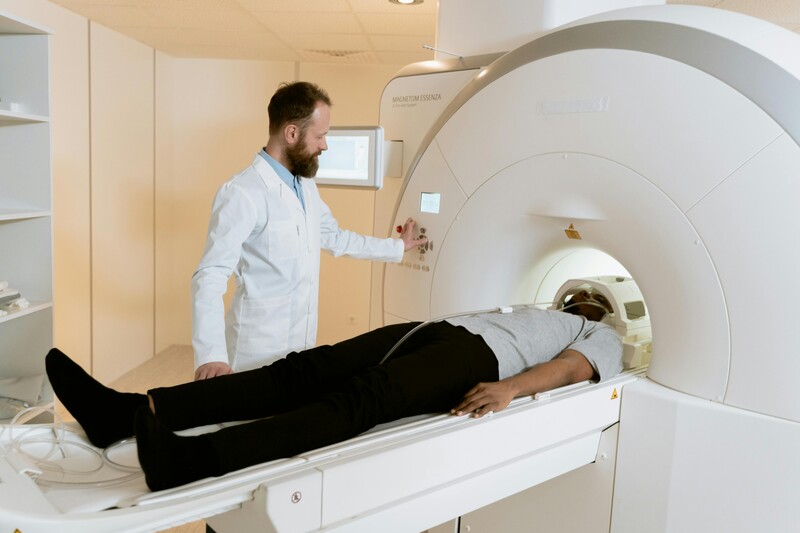The problem: Prostate cancer is among the most common forms of the disease, with an estimated 25,900 new cases in Canada last year. It is highly treatable if caught early, but a diagnosis requires a three-stage MRI, with the last stage involving an injection of contrast dye to make the scan easier to read.
The solution: Ditch part of the MRI. A trial in the U.K. with 555 patients found that skipping the third stage didn’t change the rate at which doctors could diagnose prostate cancer. It turns out that if the first two stages of the scan are high enough quality, a high-contrast scan won’t reveal anything doctors wouldn’t have already noticed.
What’s next: If the two-stage approach is adopted more widely, it means faster scans that more people can access. Cutting the third stage also reduces the cost of a scan by 50%, putting less strain on public health systems or removing a financial barrier to early diagnosis for uninsured patients.
